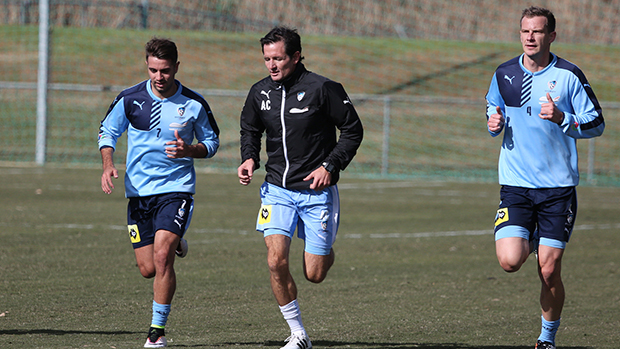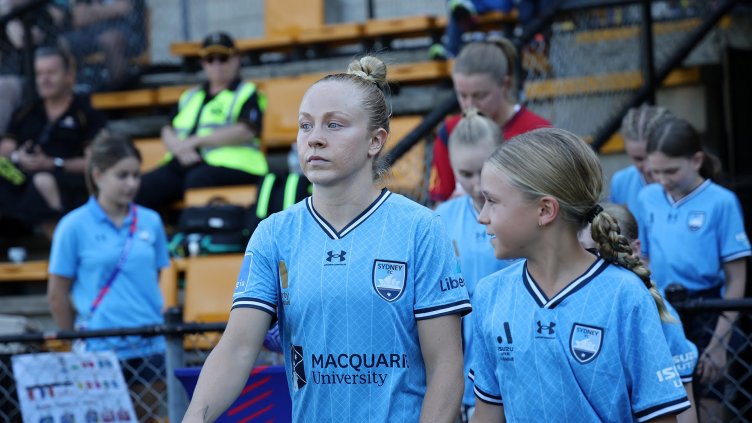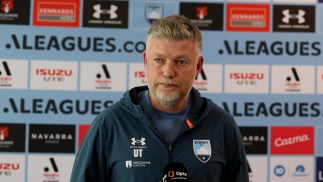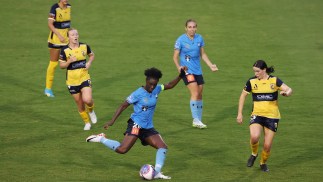
We caught up with Sydney FC’s Head of Strength and Conditioning Andrew Clark to get his tips for eating well during the football season.
Find out what you should and shouldn’t be consuming to be the best player you can possibly be.
How important is it to eat the right foods before and after playing football?
At Sydney FC, with the Hyundai A-League squad, we try to match our food and nutrition needs to our training and game demands. The basis of that is wholefoods, so we eat plenty of fresh fruits and vegetables, plenty of good lean protein (meats and fish) and carbohydrates (breads and pastas).
What foods and beverages should I be staying away from?
I think high sugar foods throughout the day when you’re not training or before matches aren’t necessary, and I think a diet based in as much wholefood as possible is definitely going to be good for your football and long-term health.
What should I be consuming in the days leading up to a game and why?
I think your plate should be very balanced between the protein, carbohydrates, good fruits and vegetables to make sure your body is getting all the energy, vitamins and minerals you need. Then start to have a slight increase in your carbohydrate intake to make sure you have enough energy in store for game day.
What should my pre-match meal consist of?
It’s very important that you’re well hydrated on the day of a match, as a footballer you should always be well hydrated. You need protein to recover from any muscle damage and you need carbohydrates to fuel the repeated sprints in football. It should be something that’s easy on the stomach, so something like lean chicken or fish, some steamed rice or some pasta and a bit of salad.
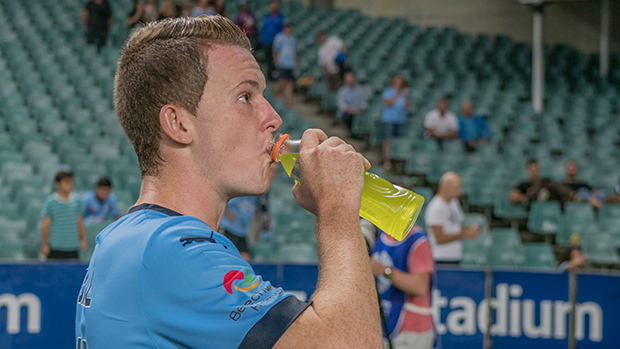
How does this aid in my performance on game day?
By having muscle glycogen stores topped will ensure you are performing at your maximum for 90 minutes. This, along with good hydration will make sure that at the back end of the game you’re not running out of fuel.
Post-match, what should I be having?
It’s important to quickly put back what you’ve taken out. It’s helpful if you know your bodyweight before a match and try to return close to those levels post match. That’s done by making sure you’re re-hydrating well, replacing carbohydrates within the next 30 minutes to 2 hours and then over the next 12-24 hours making sure you’re getting good quality protein to repair damaged muscles.
Should I be using supplements as part of my diet?
With a balanced diet you can cover the needs of nutrition for sport. There’s always going to be individual cases where players have difficulty in consuming the amount of energy that’s required during phases of growth or really heavy training. That’s where supplements, as they are named, can play a role but they shouldn’t form the basis of a diet. If you’re eating well and your training is moderate to high you can do it with good whole foods.
